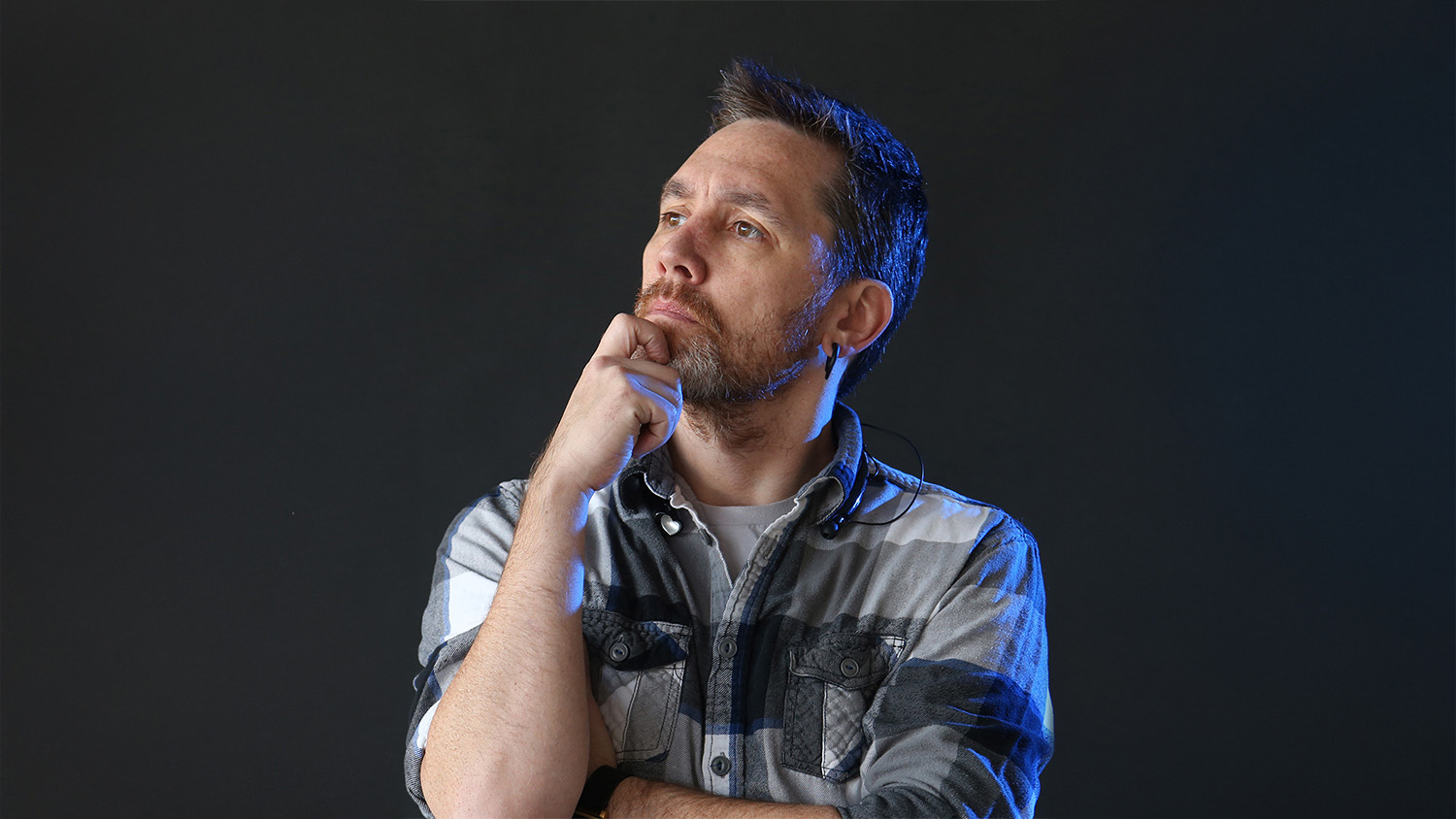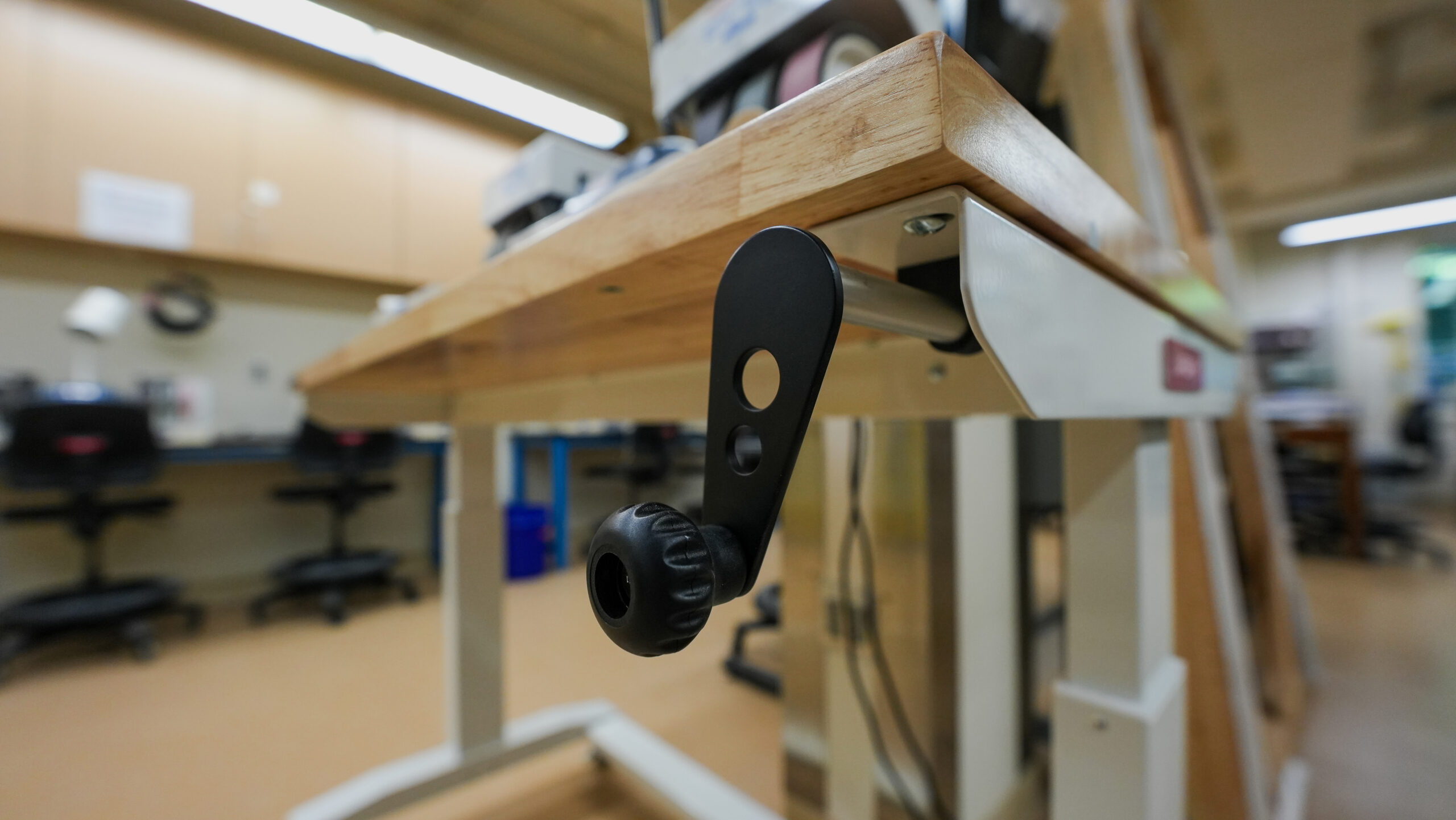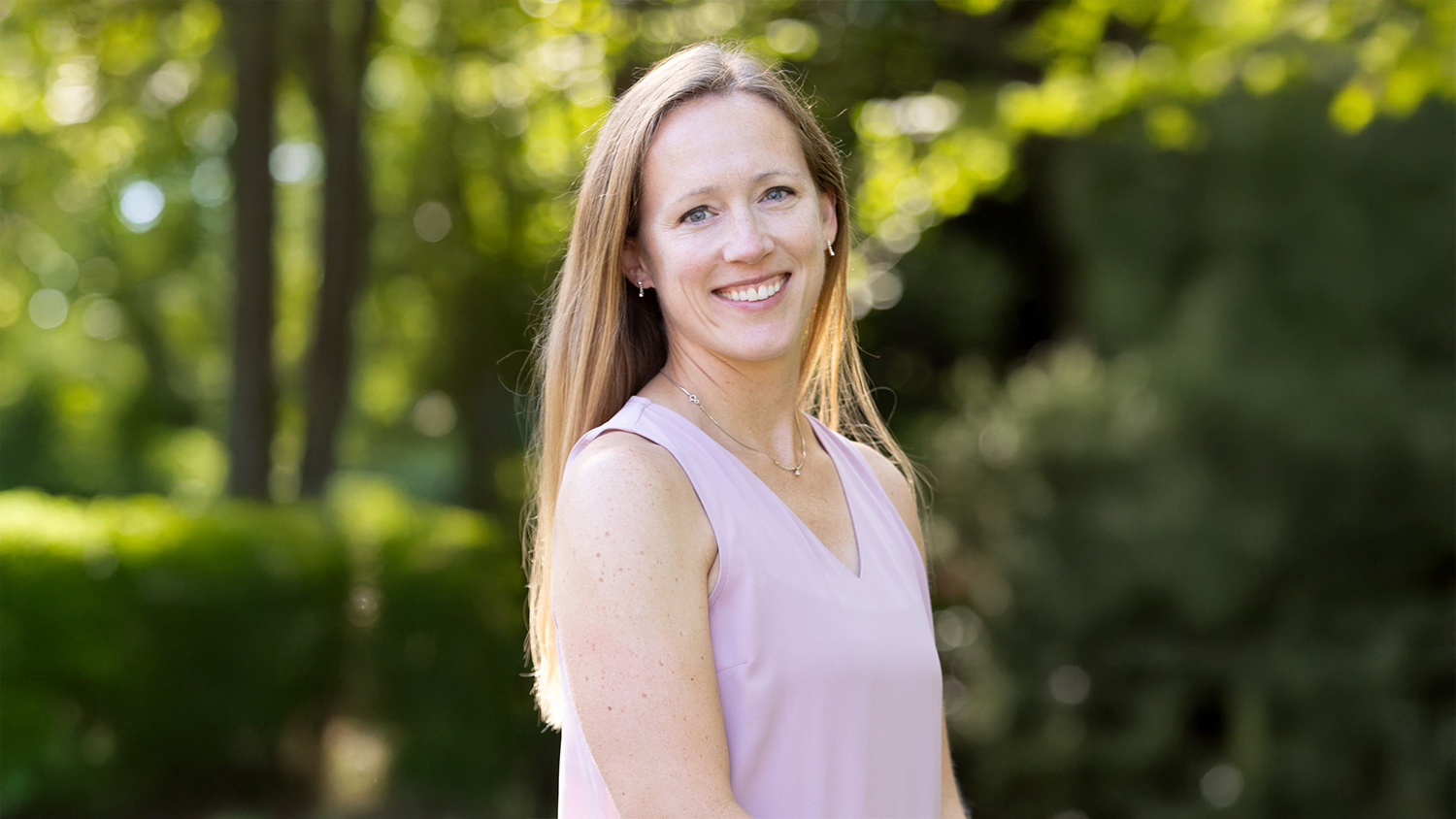DASA Employee Spotlight: Logann Graham

How long have you been with the Music Department?
I started as a student worker in 2008 and joined the department full time following graduation in 2011.
What is your own background in music?
My father is a music teacher, and my mother was always very big into music. My brother and sister marched in NC State’s band, but instruments weren’t the way I wanted to express myself. It was more fun for me to able to dance it out: ballet, tap, jazz, modern, and hip hop. While at NC State, I learned that it is possible to pursue music and the arts academically. There are so many academic ways to do the arts, but I wasn’t really aware of that until I started working with the Music Department. Now, when I do outreach, I strive to make incoming students aware that they can do something creative that they love, while also earning a grade.
What is the most valuable thing that you have learned from working with students?
The most valuable thing I’ve learned is to simply be present and be a good “ear” for the students. I’ve noticed that students come to my office and they’re stressed about classes and need somewhere quiet to just be still. I love that I can offer that haven for them. I sometimes say that I’m a glorified band mom. I take care of the students. Some of them actually call me Mom. That kind of support is something that I didn’t easily find during my time in undergrad. I really had to seek it out. But our students know that they can find that here, and I’ve learned to be a good listener. You can learn a lot from students simply by listening: how they see the department, how they see the university. There’s a lot of insight that comes from taking that candid time to sit down and really hear what they’re saying.
What is the best concert or performance you’ve attended?
This semester I was enrolled in Dr. Jonathan Kramer’s MALS seminar. Dr. J. Mark Scearce, our former department head, is a composer and wrote a piece specifically for Dr. Kramer. During class one day, Dr. Kramer decided to perform the piece for us on the cello, while Dr. Scearce was present. It was only about 3-5 minutes long, and it wasn’t an actual performance or concert. But to actually see the composer listening to his piece get played…that was really awesome for me. To see Dr. Kramer get really into what he was doing; his eyes were closed, and you could see him really become a part of his instrument, and a part of the music. I think that was the first time that I realized how passionate people are about their music. When Dr. Kramer was playing, you could see that the piece fit him and spoke to him. His eyes were closed, but you could see the passion on his face. I realized this was something I probably would never get to see again, the composer and performer reacting to a piece of music at the same time. That’s something that’s lost in a huge concert. You don’t get the same connection that was offered in that classroom.
- Categories:


